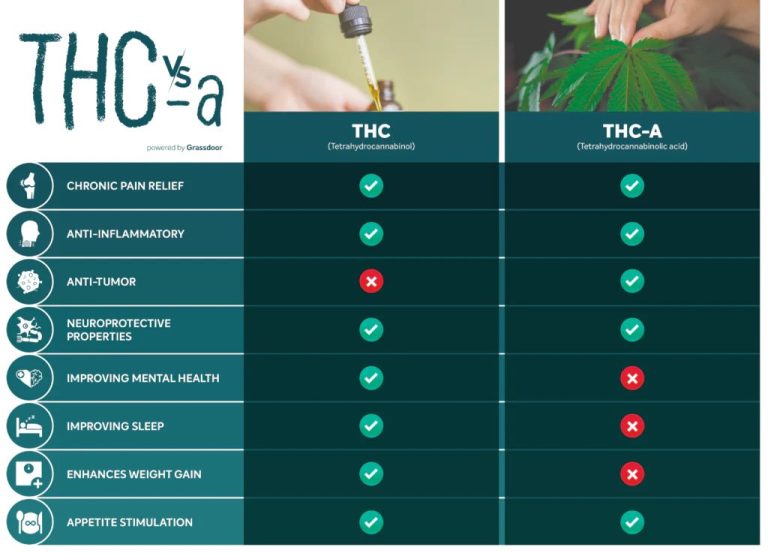How to Become a Public Health Professional
Embarking on a career in public health unlocks the door to a world of meaningful work, touching lives, shaping communities, and contributing to global wellness. Aspiring professionals must chart a course through rigorous academic programs, choose specializations that match their interests, and cultivate practical skills alongside their theoretical knowledge. The journey can appear daunting, so guidance is key to successfully navigating the terrain. Keep reading to uncover the essential roadmap for launching a successful career in public health.
Setting the Foundation: Preparing High School Graduates for a Career in Public Health

Aspirants aiming for a career in public health must recognize the value of multidisciplinary education at the secondary level. Gaining a comprehensive understanding of science, social studies, and mathematics creates a robust knowledge base. This integrated approach ensures a seamless transition into specialized public health programs at the post-secondary level.
Securing high school scholarships offers a pivotal opportunity for students to underwrite their ambition in the public health sector. Scholarships provide not only financial support but also recognition and encouragement. Such affirmation boosts confidence and helps students persevere through challenging health-related curricula.
Mentorship programs, internships, and volunteer work pave a direct route for high school graduates to immerse themselves in public health contexts. Hands-on experience complements academic learning, allowing students to apply theoretical knowledge in real-world settings. Early exposure to the field hones skills and ignites a lifelong commitment to community wellness initiatives.
Academic Journey: Navigating Degrees and Specializations in Public Health
Individuals pursuing a career in public health often commence with rigorous academic preparation, central to which is earning a Bachelor of Science in Public Health (BS in Public Health). This foundational degree equips students with a broad understanding of health policies, epidemiology, and community health essentials. As undergraduates, aspiring professionals gain the analytical skills necessary to address health challenges at both individual and community levels.
Postgraduate education presents an opportunity for specialization, allowing students to align their expertise with specific sectors such as environmental health, health informatics, or biostatistics. The nimble graduate can seamlessly transition into roles that demand precise knowledge, such as managing health programs or assessing the impacts of occupational hazards. Fieldwork and internships complement classroom learning, affording practical experience that solidifies one’s capability to spearhead health initiatives.
Continual education and certification keep public health professionals abreast of cutting-edge research and regulatory changes within the healthcare landscape. Through formal education and hands-on experiences, these committed individuals refine their skill sets to enact meaningful change. Their efforts contribute to shaping resilient healthcare infrastructures necessary for the well-being of the communities they serve.
Building Expertise: Gaining Valuable Experience in the Field of Public Health

Gaining practical experience is crucial for individuals eager to excel in the public health sector. Internships in government agencies, non-profit organizations, or healthcare facilities equip them with a real-world understanding of public health dynamics. Such hands-on involvement enhances their ability to apply academic theory to practical scenarios, enriching their professional skill set.
Collaboration with seasoned public health workers allows newcomers to learn from established practices. Under the tutelage of experienced mentors, they learn to navigate the complexities of health programs and policy implementation. These partnerships often lead to career-defining insights and foster a network of contacts that can be beneficial for future opportunities.
Attending to diverse populations and health issues fortifies a budding public health professional’s adaptability and problem-solving skills. Whether through volunteer work or field research, these real-world encounters test their ability to devise and execute effective health strategies.
Career Pathways: Strategies for Landing Your First Job in Public Health
Building a compelling resume is a critical step for those seeking their inaugural position in public health. As they craft their resumes, applicants should highlight relevant coursework, internships, and extracurricular activities demonstrating their commitment and expertise. Tailoring this document to showcase how their unique background aligns with the job description can capture the attention of potential employers.
Networking is an indispensable tool in the modern job search, and for public health aspirants, making connections can be especially pivotal. Attending industry conferences, engaging in online forums, and reaching out to alumni are all proactive strategies for unearthing job leads and getting a foot in the door.
Preparing for interviews is an art that necessitates understanding the public health arena and articulating one’s competencies effectively. Candidates should rehearse responses to common questions and be ready to discuss how their experiences prepare them to tackle the challenges of a public health role.
Overall, embarking on a public health career requires academic excellence, practical experience, and a steadfast commitment to community well-being. By following this roadmap, aspiring professionals can confidently navigate the dynamic landscape of public health and make a tangible difference in improving the health outcomes of populations worldwide.







